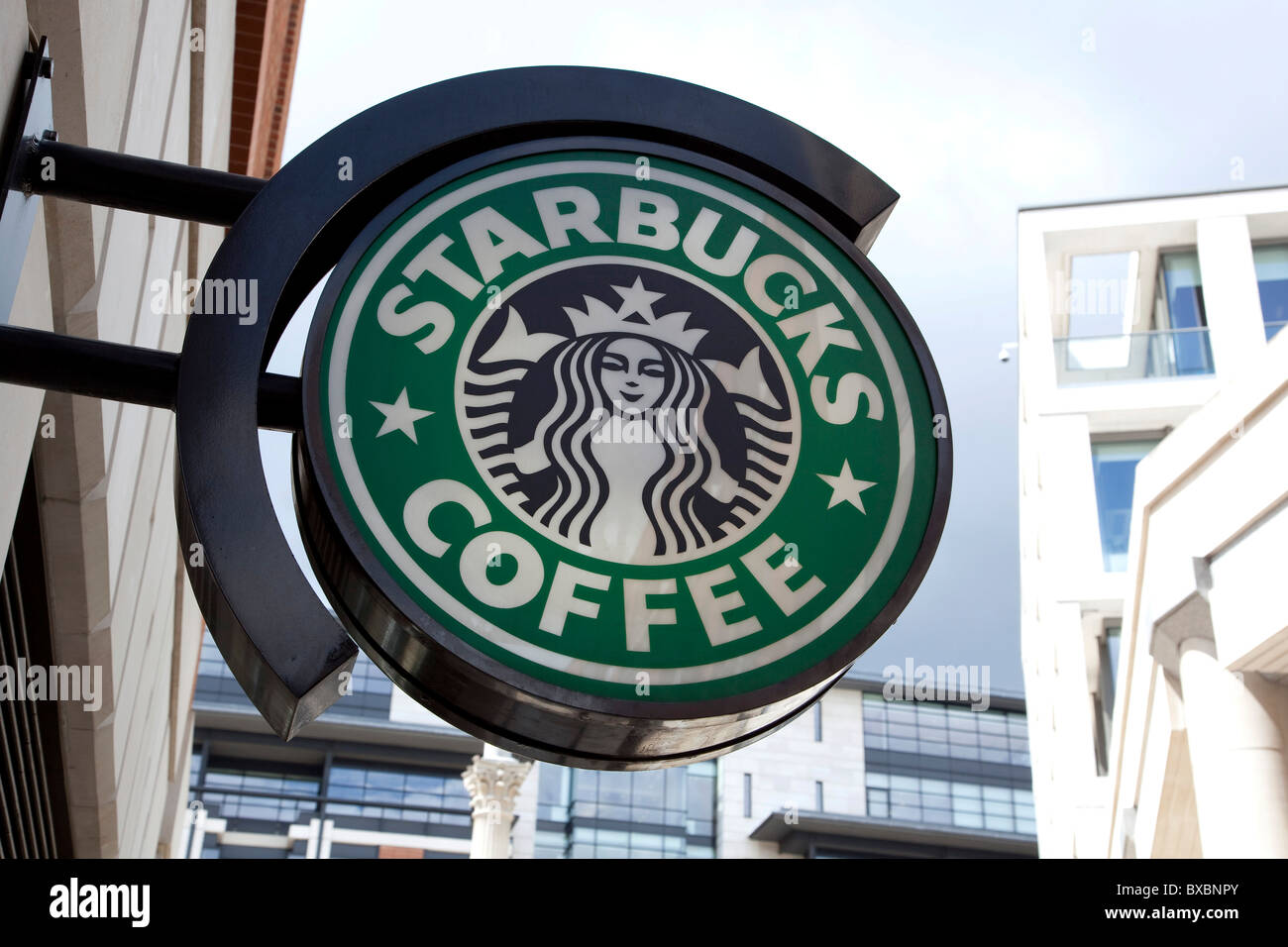Starbucks burned by social-justice appeasement as growth stalls, stock plunges
Coffee giant to shutter 150 stores next year instead of 50
By Valerie Richardson - The Washington Times - Wednesday, June 20, 2018
Starbucks may have appeased progressives with its social-justice workshops and open-bathroom policy, but such moves have failed to caffeinate the company’s bottom line.
The coffee giant’s stock took a tumble Wednesday after CEO Kevin Johnsonannounced that Starbucks would close 150 company-owned stores next year instead of the expected 50, with an emphasis on underperforming shops in densely populated urban areas, and lowered growth projections.
Mr. Johnsonacknowledged that the decision to shut down 8,000 U.S. stores on May 29 for anti-bias training, driven by the high-profile arrests of two black men in Philadelphia, played a role in the company’s sluggish second-quarter performance.
“In this current quarter, certainly we had an unplanned initiative driven out of the Philadelphia incident, we closed all our stores for training, we had to delay some marketing, but none of that is an excuse,” Mr. Johnson told CNBC. “The fact is the way I think about a growth company at scale is we’ve got to deliver consistent growth, month after month, quarter after quarter, and year after year. And we have not done that.”
In response, Starbucks announced steps to streamline the company and increase its agility by “accelerating product innovation,” “leveraging the growing tea and refreshment category,” and responding to trends toward “health and wellness.”
The market wasn’t impressed. Starbucks shares fell Wednesday by 10 percent, hitting their lowest point in 52 weeks, while Morgan Stanley downgraded the company’s investment rating, citing flat growth in China and the decision to lower third-quarter U.S. growth projections from 3 to 1 percent.
Meanwhile, critics of the company-wide diversity workshops argued that Starbucks sent the wrong signal by bowing to social-justice protesters instead of tending to its business model.
“One would think Starbucks shareholders would be better served by leadership that prioritizes sound business principles over so-called social justice initiatives,” said Robert Kuykendall, spokesman for 2ndVote, a conservative corporate watchdog.
The curriculum for the half-day training on implicit bias was created in part by the Perception Institute, which is headed by Planned Parenthood board member Alexis McGill Johnson and receives financial support from billionaire George Soros’ Open Society Foundations.
The decision to close the stores “had an impact,” Starbucks CFO Scott Maw said on Tuesday’s earnings call, according to CNN Money.
“Starbucks is now admitting the time and resources spent on elevating racial matters in recent weeks have been setbacks,” said Mr. Kuykendall. “If Starbucks wants to be truly inclusive, and grow its business, perhaps as a company they should stop lecturing the country on social issues and focus on serving customers a good cup of coffee and providing investors with a return.”
Even as it folds 150 shops, Starbucks plans to open 400 new locations next year, focusing on “unpenetrated markets” versus urban locales with greater wage and regulatory pressure.
Another problem with city stores: They tend to be magnets for homeless people and panhandlers, an issue that may bedevil Starbucks as a result of its May policy change requiring all stores to provide restroom and table access to non-paying guests.
The open-bathroom policy also comes with Starbucks trying to win back customers from upscale competitors by unveiling 20 to 30 Roastery and Tasting Rooms, which feature bean-roasting on-site, offer exclusive drinks, and promote its Reserve brand.
CNBC analyst Jim Cramer, who owns a restaurant in Brooklyn, asked Mr. Johnson how Starbucks can meet its targets when many stores may need to add employee shifts to keep a closer eye on restrooms.
“I know that when we have bathrooms that are not clean, when we have people who want to use the bathroom, and yes, they are not going to pay, I totally get that, but we have to add a shift member, and it hurts our profitability,” said Mr. Cramer. “I cannot believe that the licensees didn’t see that, too.”
He added, “No one wants to add a shift member because it costs too darn much. KJ, how are you going to keep costs down if you have to add a shift member?”
Mr. Johnson pointed to improvements in efficiency and productivity, saying that “part of that is business simplification.”
“If you look at the set of things we’ve done just over the last six months, we’ve launched some new operating processes in the store called Deployment 2.0, and that’s simplified all of the baristas’ jobs, allowing them to spend more time focused on the customer,” he said.
Mr. Johnson also cited the chain’s push toward more digital engagement, saying “we’re constantly looking for ways to use technology to simplify and allow us to get more productivity in our stores.”
Starbucks reached an undisclosed settlement with Rashon Nelson and Donte Robinson, who were arrested in April after they declined to buy anything and asked to use the restroom as they waited to meet another man for a business meeting.
Earlier this month, the company received another jolt when executive chairman Howard Schultz, who built the iconic brand after joining in 1982, announced he would step down, raising speculation that he may run for president.
For all its recent struggles, Starbucks remains the undisputed king of the coffee chains, serving 100 million customers per week at its 28,000 stories in 77 countries.
“Starbucks has been through these ebbs and flows before and we always get through them, and we’re going to get through this one as well,” said Mr. Johnson.
https://www.washingtontimes.com/news/2018/jun/20/starbucks-burned-social-justice-appeasement-growth/?

No comments:
Post a Comment